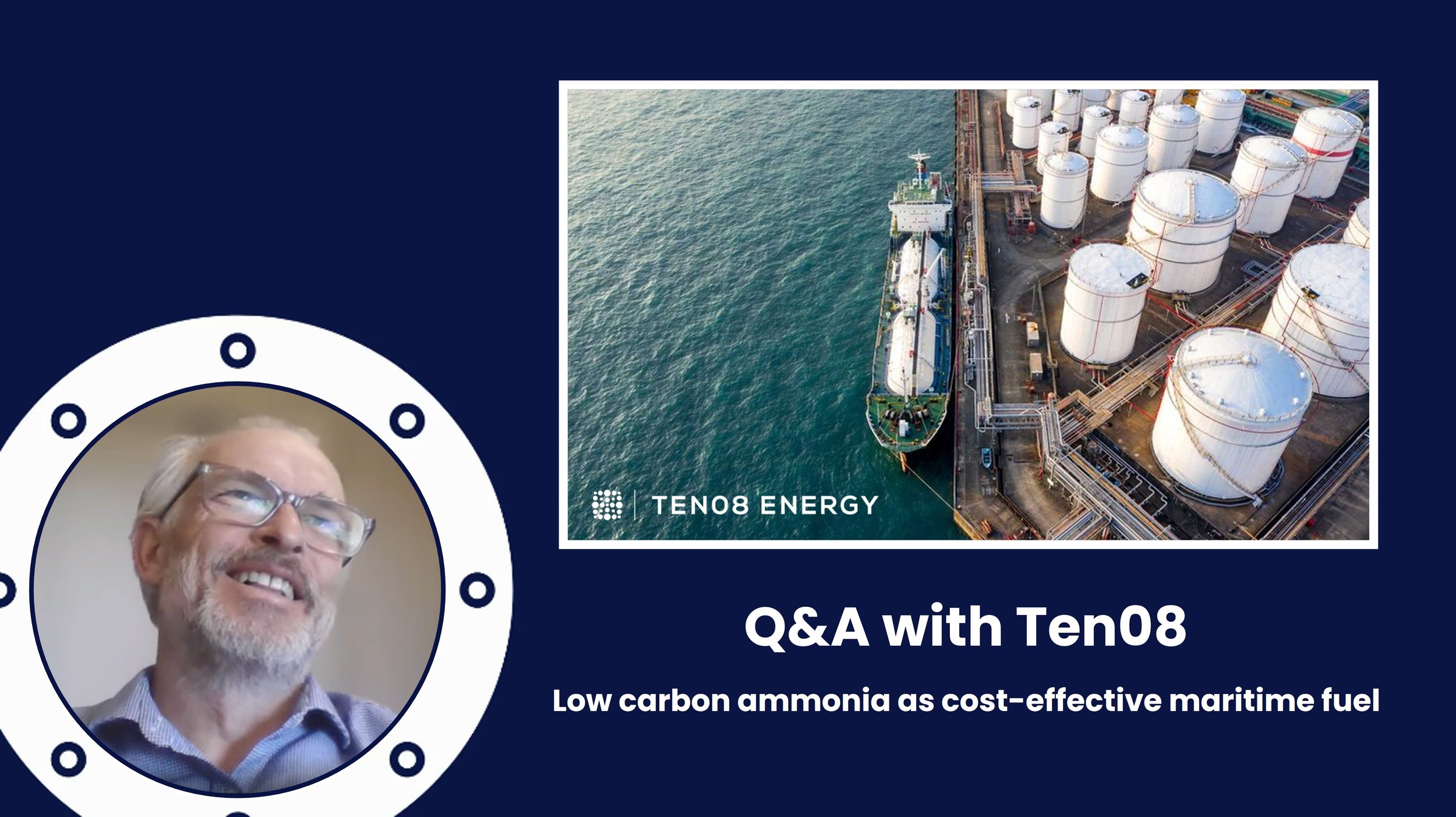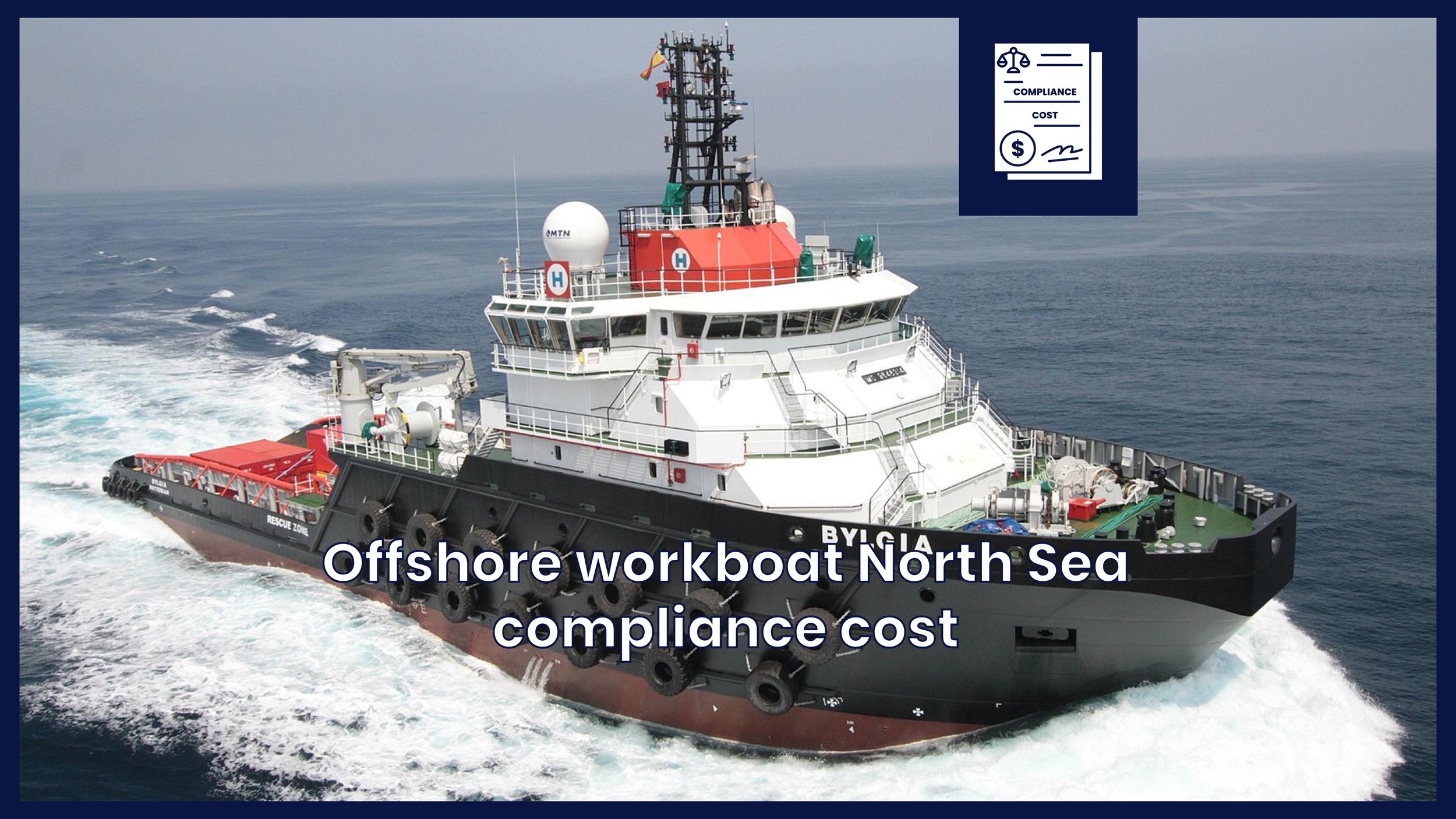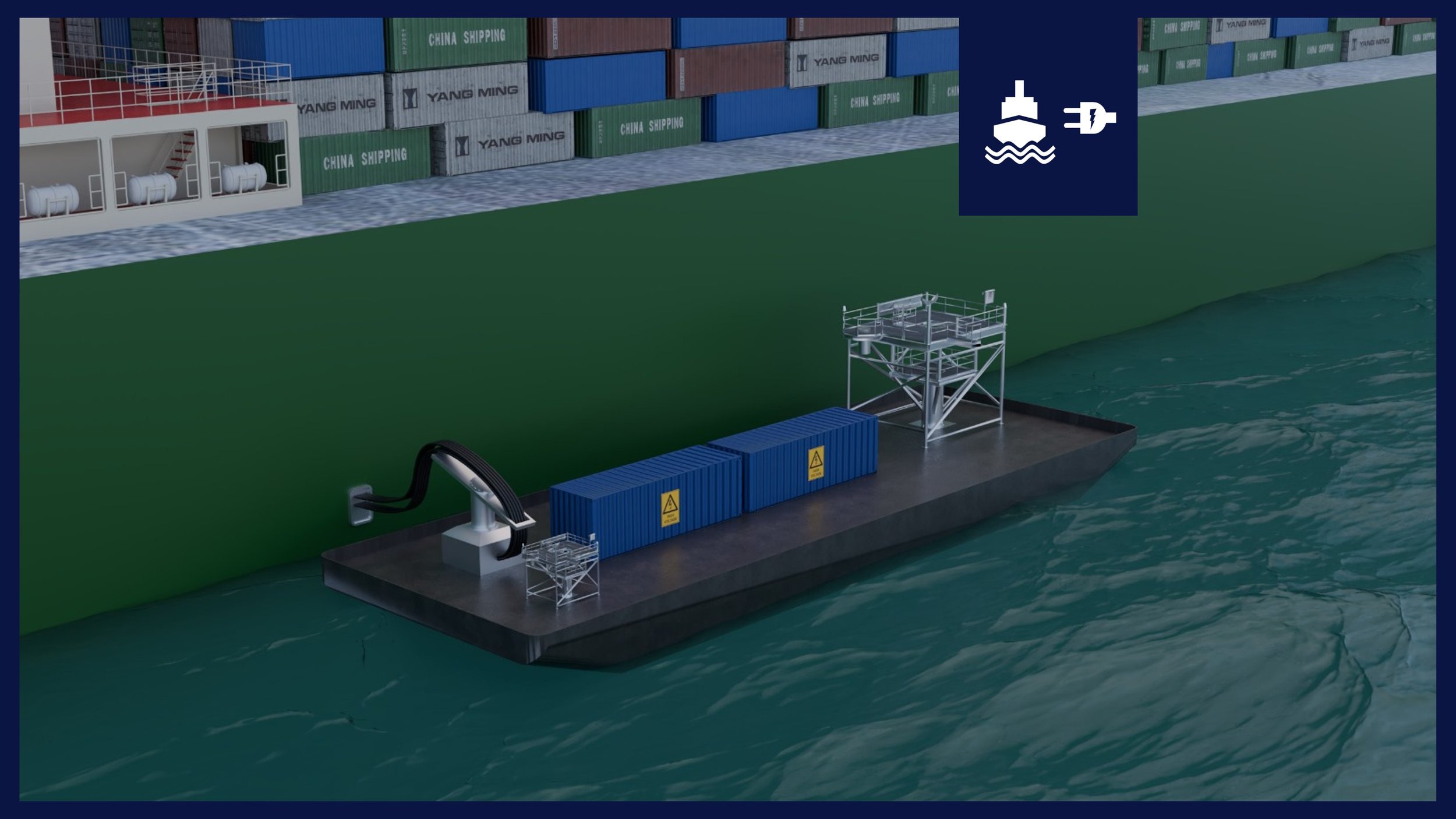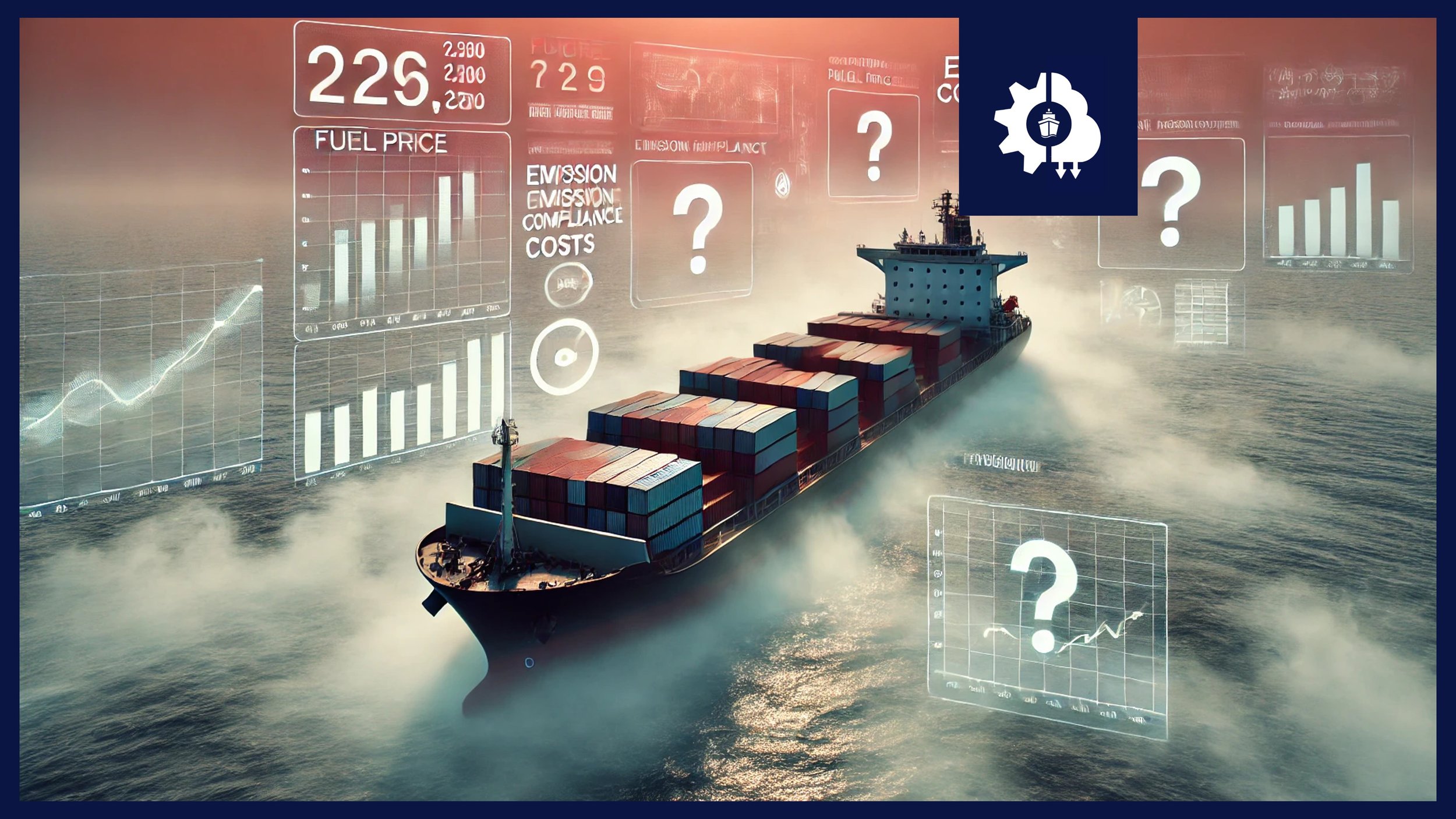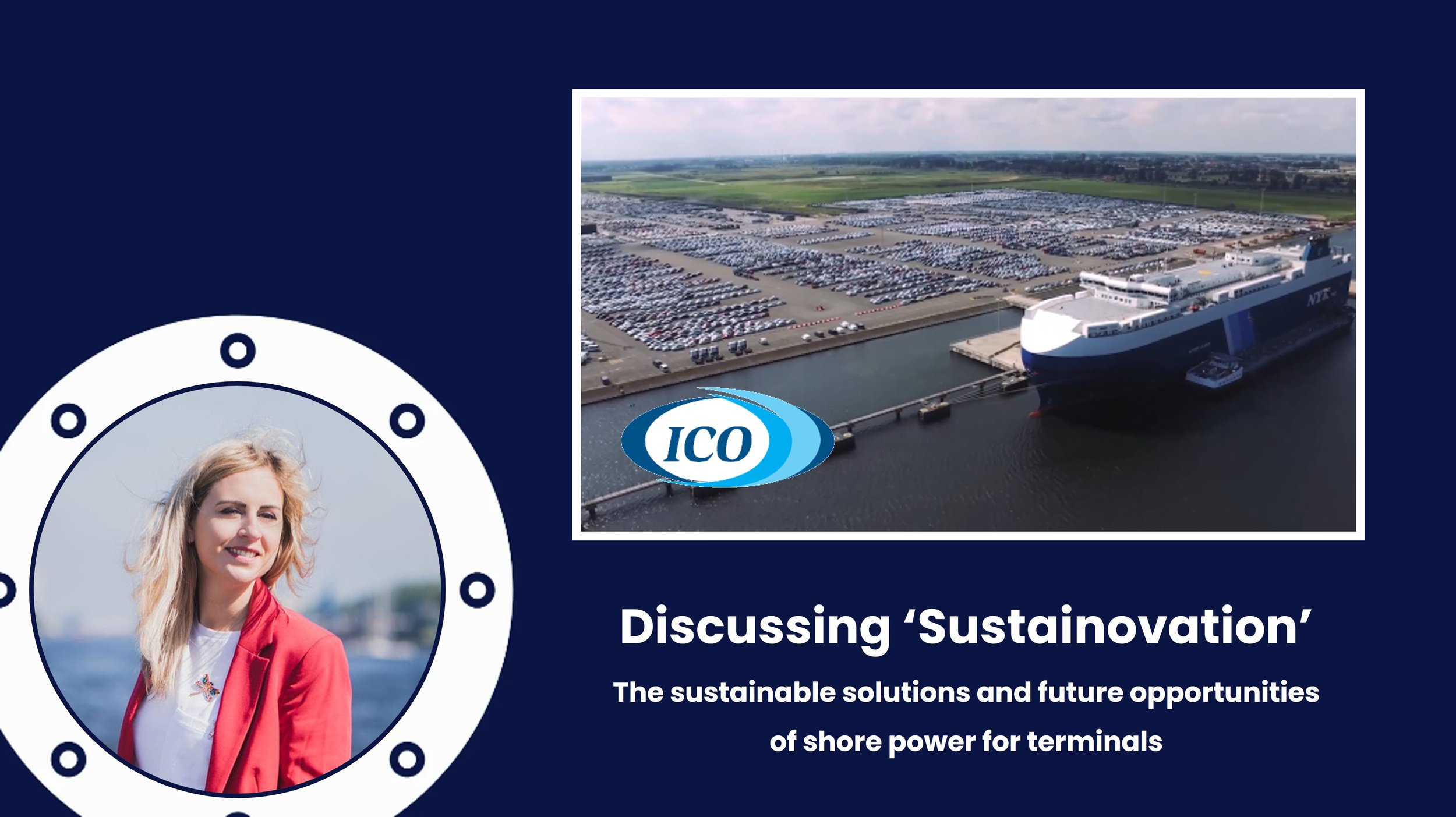MSC
Mediterranean Shipping Company (MSC) has gone on the record to publicly state for the first time its intention to reach net zero carbon emissions by 2050. Speaking in a keynote address at the main conference held during London International Shipping Week, Søren Toft, MSC’s CEO, made the pledge, joining peers such as Maersk and CMA CGM in setting the 2050 target.
Technology Focus - LNG, Methanol, Fuel Cell
Sustainability Report
About MSC
Mediterranean Shipping Company (MSC) has gone on the record to publicly state for the first time its intention to reach net zero carbon emissions by 2050. Speaking in a keynote address at the main conference held during London International Shipping Week, Søren Toft, MSC’s CEO, made the pledge, joining peers such as Maersk and CMA CGM in setting the 2050 target.
Sustainability priorities according to sustainability report 2021 are aligned with UN SDGs and include enabling logistics decarbonization, fostering inclusive trade, and addressing social challenges. MSC has set up a clear division governance, in which the Executive Sustainability Steering Committee is led by the MSC CEO.
Partners and Technology
MSC is actively involved in partnerships to support the production and scaling of low- and zero carbon fuels and technologies. These partnerships include the Methanol Institute, Hydrogen Council, European Clean Hydrogen Alliance, Roundtable on Sustainable Biomaterials and the Society for Gas as a Marine Fuel. Technology focus and vessel construction of MSC seems to centre around LNG, methanol and hydrogen fuel (cell), though batteries and even nuclear power are mentioned as well. The exact details are hard to interpret however, as MSC states the ambition for net zero emissions in 2050 but those not state these in their own decarbonization pathway milestones.
Nevertheless, MSC’s first ammonia-ready vessels will be added to the fleet as of 2025, and first net-zero fuel capable vessels are planned for 2030.
Shore Power
Shore power has been installed at four MSC terminals already, including Long Beach Terminal (California, USA), Port of Seattle -Terminal 5 (Washington, USA), Port of Ashdod - Hadarom Container Terminal (Israel), and Ningbo Port - Ningbo Gangji Terminal (China). Vessels calling at the terminal have reduced their emissions by 80-90% and the terminal has benefitted from selling carbon credits generated by the shore power service. MSC is currently planning to install onshore power at eight more terminals worldwide.
Frequently Asked Questions
-
Description text goes here
Stories
Onderstaande artikelen moeten we nog in onze eigen stories zetten en blog nog filteren.
https://www.msc.com/ar/sustainability/carbon-neutral-programme
https://www.msc.com/en/newsroom/stories/roadmap-to-a-zero-carbon-future
https://shippingwatch.com/carriers/Container/article13286818.ece
https://www.msccruises.com/en-gl/About-MSC/News/Zero-GHG-Emissions-Pledge.aspx
https://www.msc.com/en/sustainability/enabling-logistics-decarbonisation/journey-to-net-zero
https://splash247.com/soren-toft-vows-msc-will-be-net-zero-by-2050/





